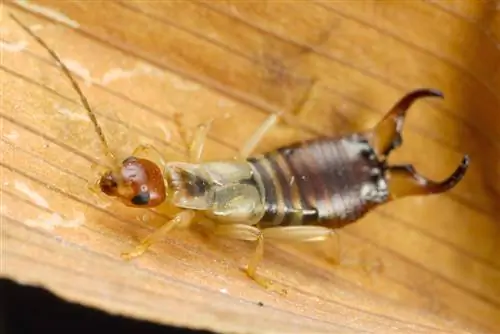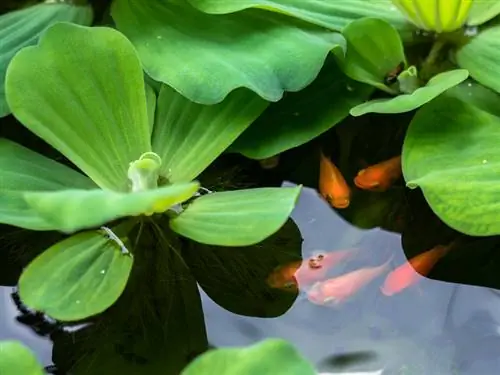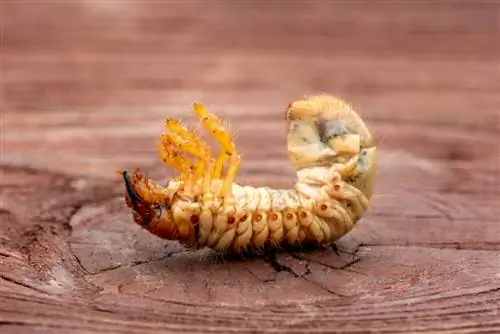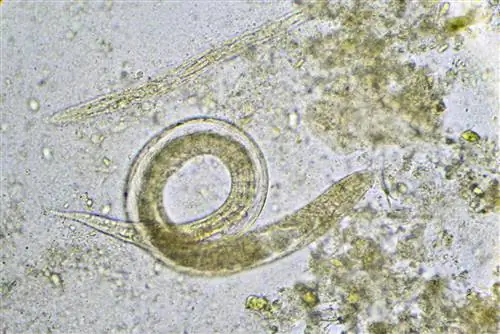- Author admin leonars@hobbygardeners.com.
- Public 2023-12-16 16:46.
- Last modified 2025-01-23 11:20.
The bright orange-red flowers of the marigolds look extremely pretty. At the same time, the plant is extremely easy to care for and thrives both in the bed and in the flower box without any problems. But it's not just their appearance that makes the marigold flower a popular ornamental plant. It is also suitable for ecological nematode and pest control and therefore ensures a very good soil environment.

How do marigolds work against nematodes?
Tagetes can be used effectively to control nematodes by secreting a scent that attracts the pests. By absorbing toxins from the roots of the marigolds, the nematodes die and thus improve the soil environment.
Tagetes act like a natural soil treatment
Tiny roundworms, the nematodes, occur practically everywhere in nature. The relatively small, colorless or white worms prefer moist environments. Some species are successfully used as beneficial insects in biological pest control.
Other species, however, cause massive damage to crops. These react to the infestation with symptoms like:
- Stunting
- Root rot
- Discolorations
- Withering
Planting marigolds is an excellent way to combat the tiny pests and permanently improve the soil.
How the marigolds work
The marigold exudes a scent through its roots that attracts nematodes. As soon as they suck on the roots or penetrate into the root system, the pretty summer flower releases a highly effective toxin that kills the pests.
So that the marigold can develop its full effect, you should plant the affected areas with marigolds for at least three months, from spring to autumn. For thorough soil cultivation, only plant marigolds on the affected soil area. Alternatively, you can plant the marigold in between and thereby effectively curb the harmful activity of the nematodes.
Student flowers as green manure against nematodes
Some nematode species avoid marigolds because they specialize in weeds and weeds as host plants. In this case, enrich the green manure with marigolds and apply a layer of mulch that is not too thin in the bed. This effectively suppresses the host plants and the nematodes die as a result. Remove regrowing wild herbs consistently so that the nematodes are deprived of their food source.
Tip
All marigold varieties form an excellent plant community with cabbage. The intense scent of marigolds drives away the annoying whiteflies that often attack cabbage plants.






